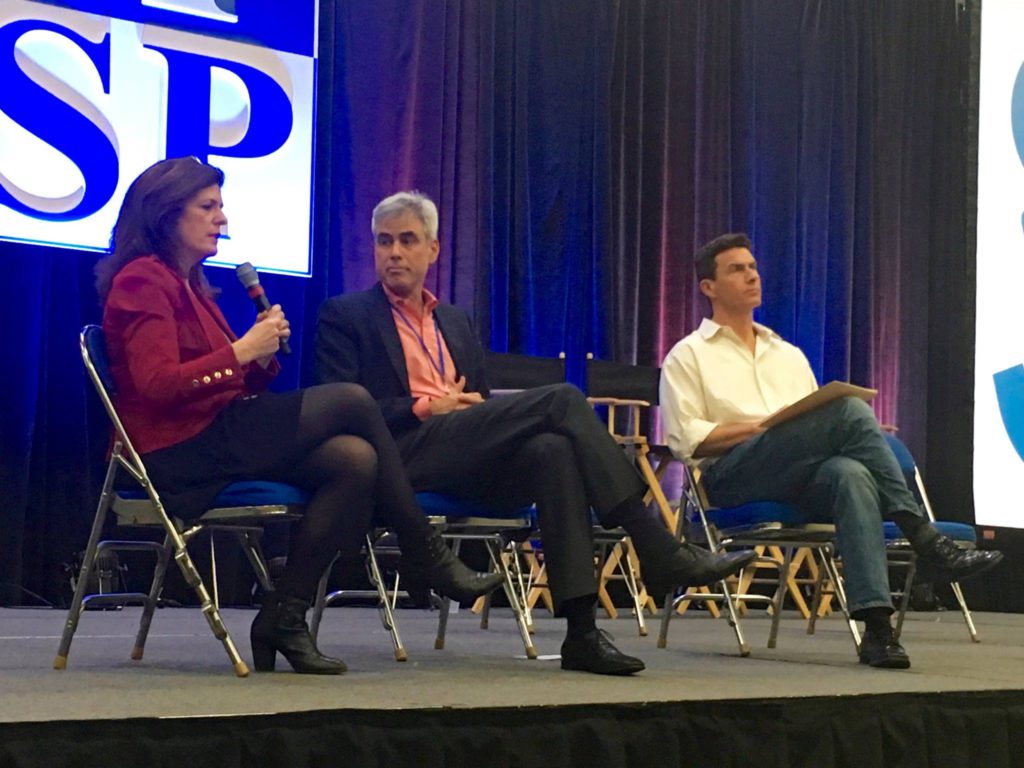I chaired a symposium on “Understanding Religions: Integrating experimental, ethnographic and historical approaches” at the Society for Personality and Social Psychology (SPSP) conference in San Diego, CA.
Joe Henrich began by introducing the broader research agenda, describing the two puzzles of (1) the rise of societal complexity and large-scale cooperation and (2) the emergence and spread of particular religious elements, such as big, powerful, moralizing gods and ritual behavior.
Coren Apicella presented recent evidence of high levels of rule bending in the Hadza, a a minimally religious foraging population.
I then introduced the Database of Religious History and presented some preliminary analyses, showing the relationship between ritual and cooperative behavior. I also updated the audience on data collection and some of the directions we’re going in (such as measuring cultural distance–more soon!).
Finally, Ted Slingerland gave an overview of what the humanities can offer the psychology of religion, with an entertaining presentation of how a lack of deep understanding of history and culture can lead to misinterpretations (such as claims that Chinese don’t have religious beliefs, nor mind-body dualism).
Other highlights of the conference included a debate between Leda Cosmides and Joe Henrich (moderated by Jon Haidt) on “Big Questions in Evolutionary Science and What They Mean for Social-Personality Psychology” and a debate between Jon Haidt and Kurt Gray on “Purity and Harm in the American Culture War: A Debate on the Structure of Morality“.

Leda, Jon, and Joe answering questions after the debate. Photo credit: Cristine Legare








